Hear from your favorite authors as they share writing prompts, strategies, and more.
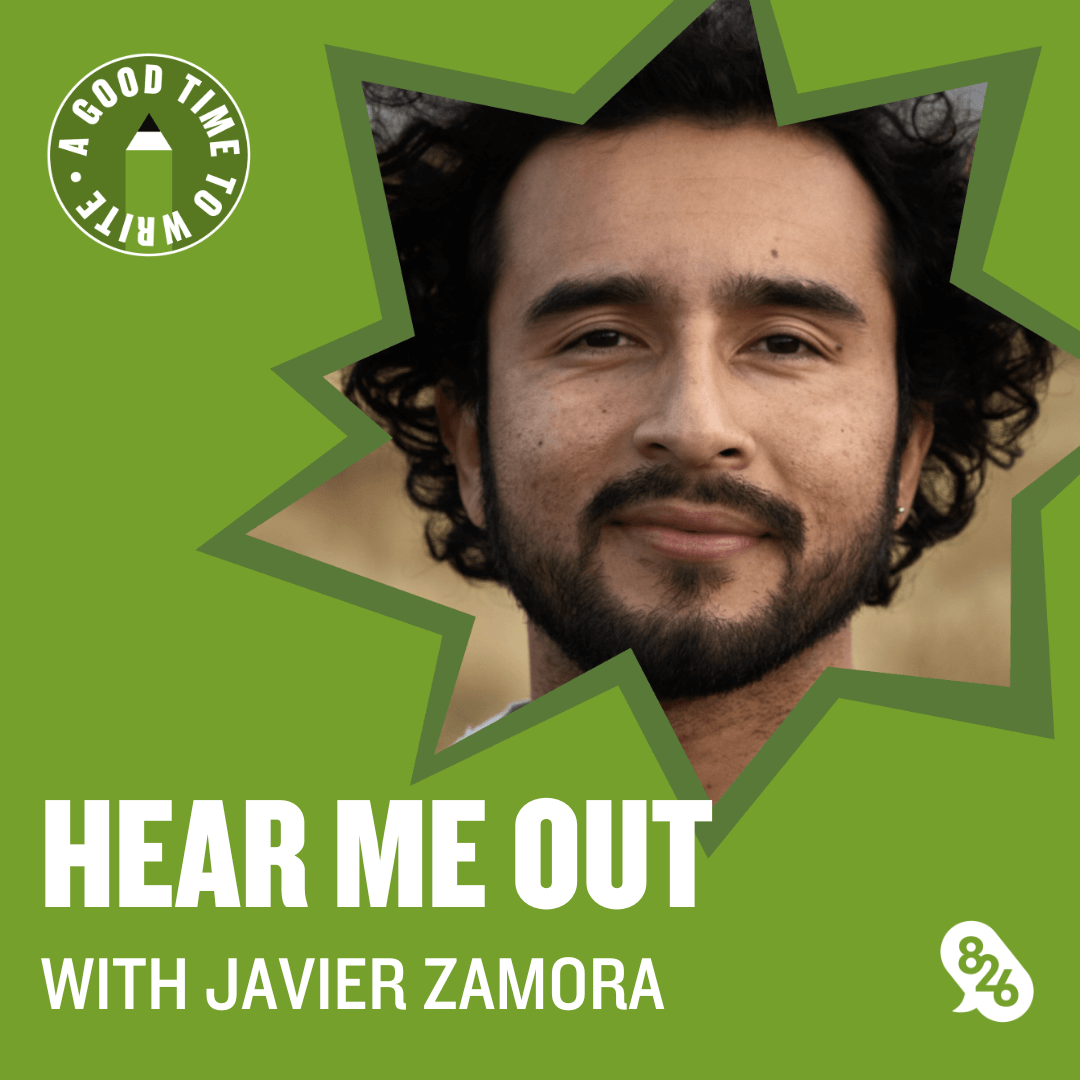
Author Javier Zamora was an undocumented immigrant when he was a student. Now, he invites you to raise your voice and write to the next President of the United States.

Presidential Inaugural Poet, activist, and bestselling author Amanda Gorman shares one of her favorite techniques for starting a poem or getting over writers' block.

Midwest Youth Poet Laureate Ambassador, Charlotte Yeung, shares one of her favorite brainstorming strategies for creating a new piece.

Mac Barnett, a New York Times-bestselling author of stories for children, illustrates how to end a story...or not.
Learn how writing is essential in all types of careers—from journalists to TV show writers.
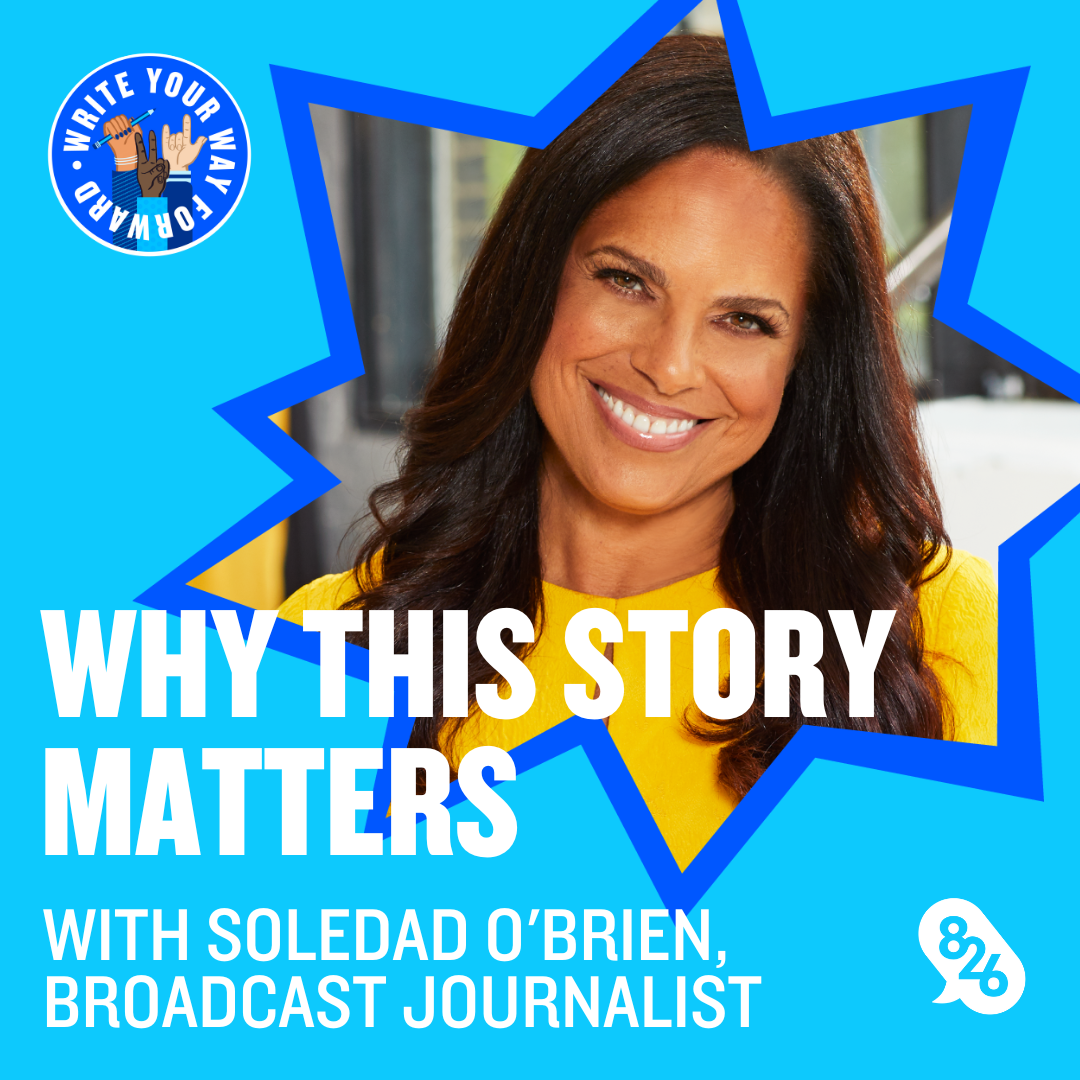
Award-winning documentarian and journalist,Soledad O'Brien, shares about why she loves her job and how she builds credibility out in the field through thorough research.
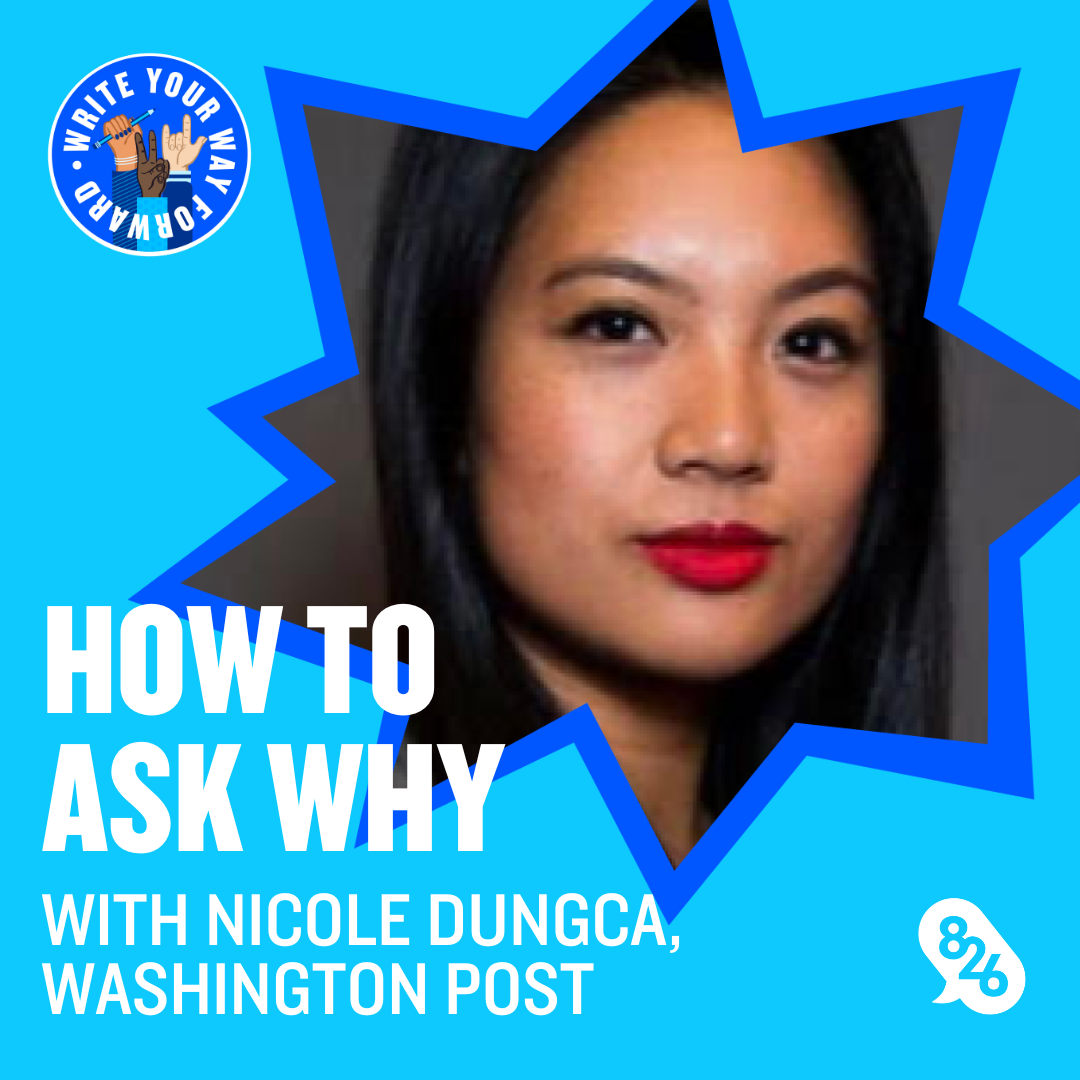
Nicole Dungca, Investigative Reporter at The Washington Post and President of the Asian American Journalists Association, shares strategies for asking key questions.

Radiologist Matthew Bucknor shares while it's important for students studying STEM fields "not to sleep on the Humanities."
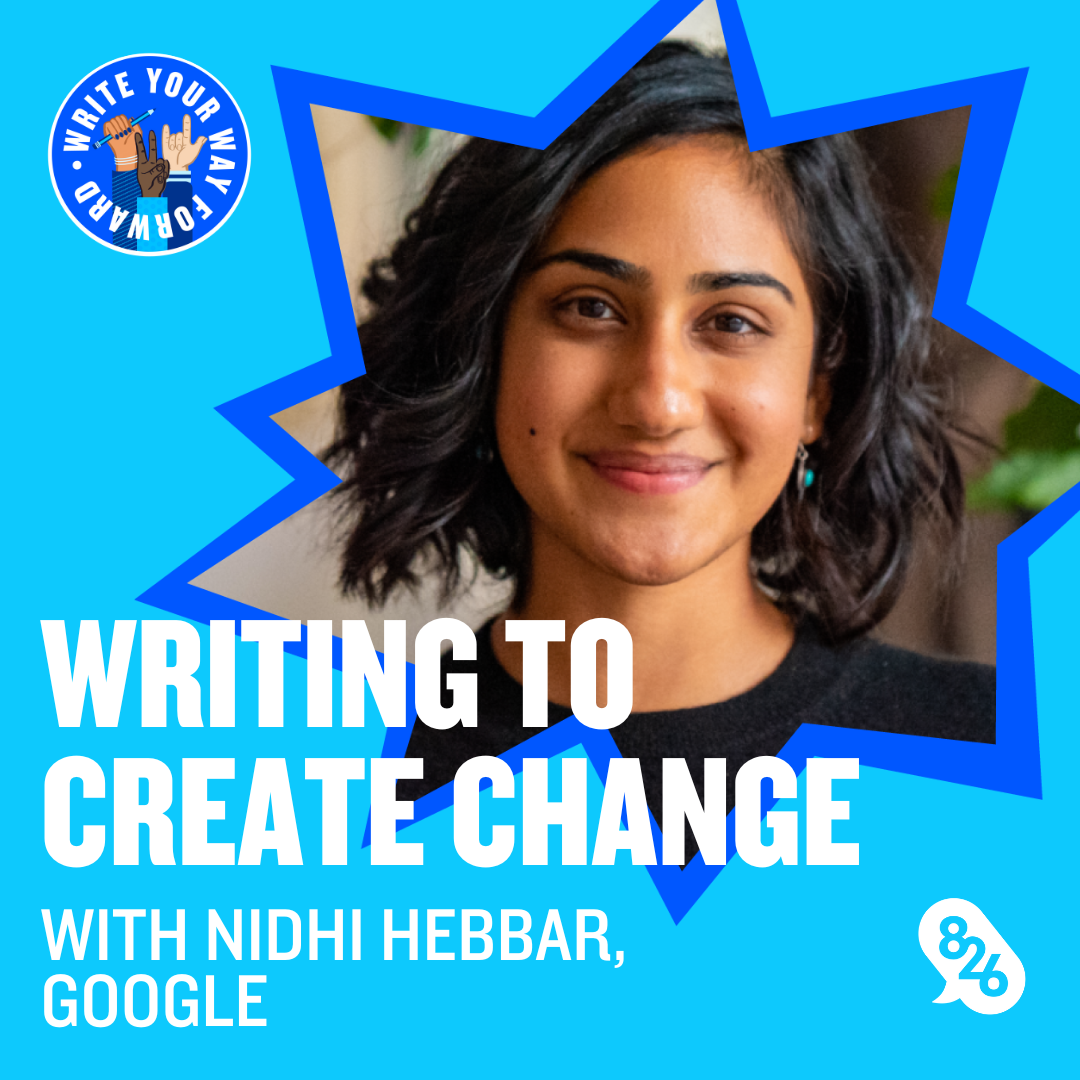
Misinformation Specialist with Google Nidhi Hebbar shares how you can use writing to inspire change and bring people into conversations about the issues you care about.
Check out writing prompts and favorite student writing from friends of 826.
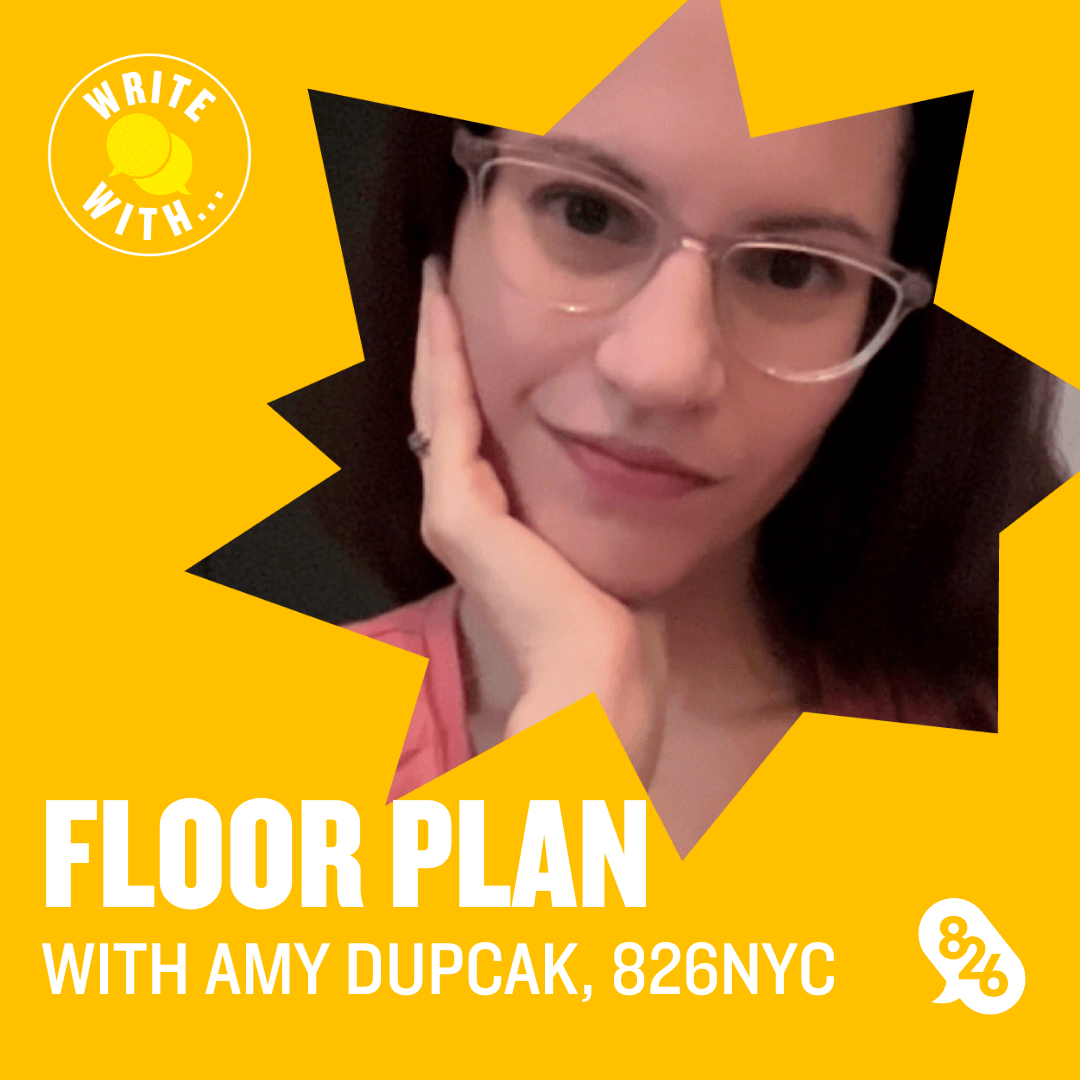
Writer and teaching artist with 826NYC, Amy Dupcak, shares a memoir writing prompts that helps students use specific sensory language to describe a place they love.

Children's book author and 826michigan staffer, Kinyel Friday, shares a social emotional learning prompt that uses personification to bring emotions to life.
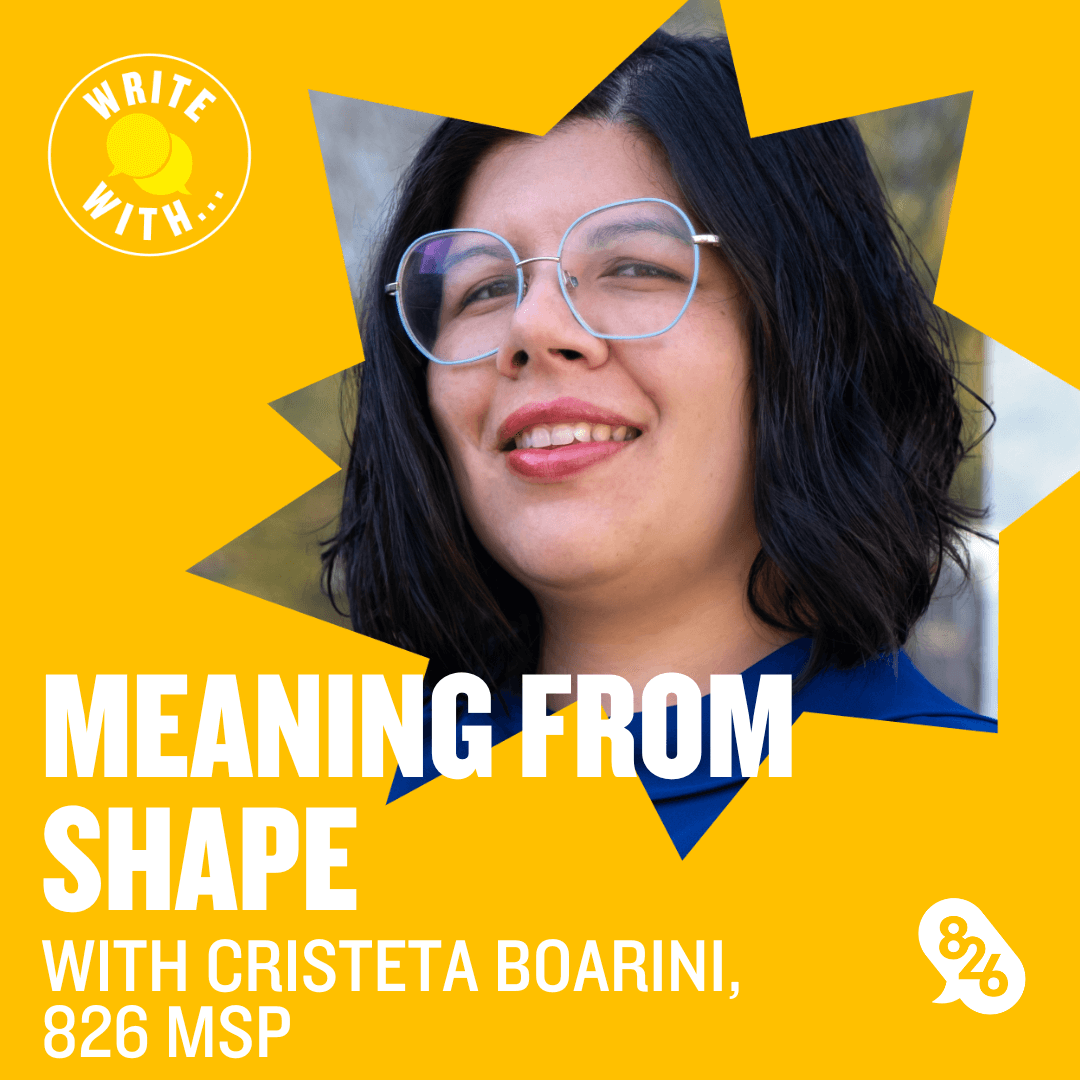
Journalist and 826 MSP staffer, Cristeta Boarini, shares a poetry prompt that walks students through using shapes to convey meaning.
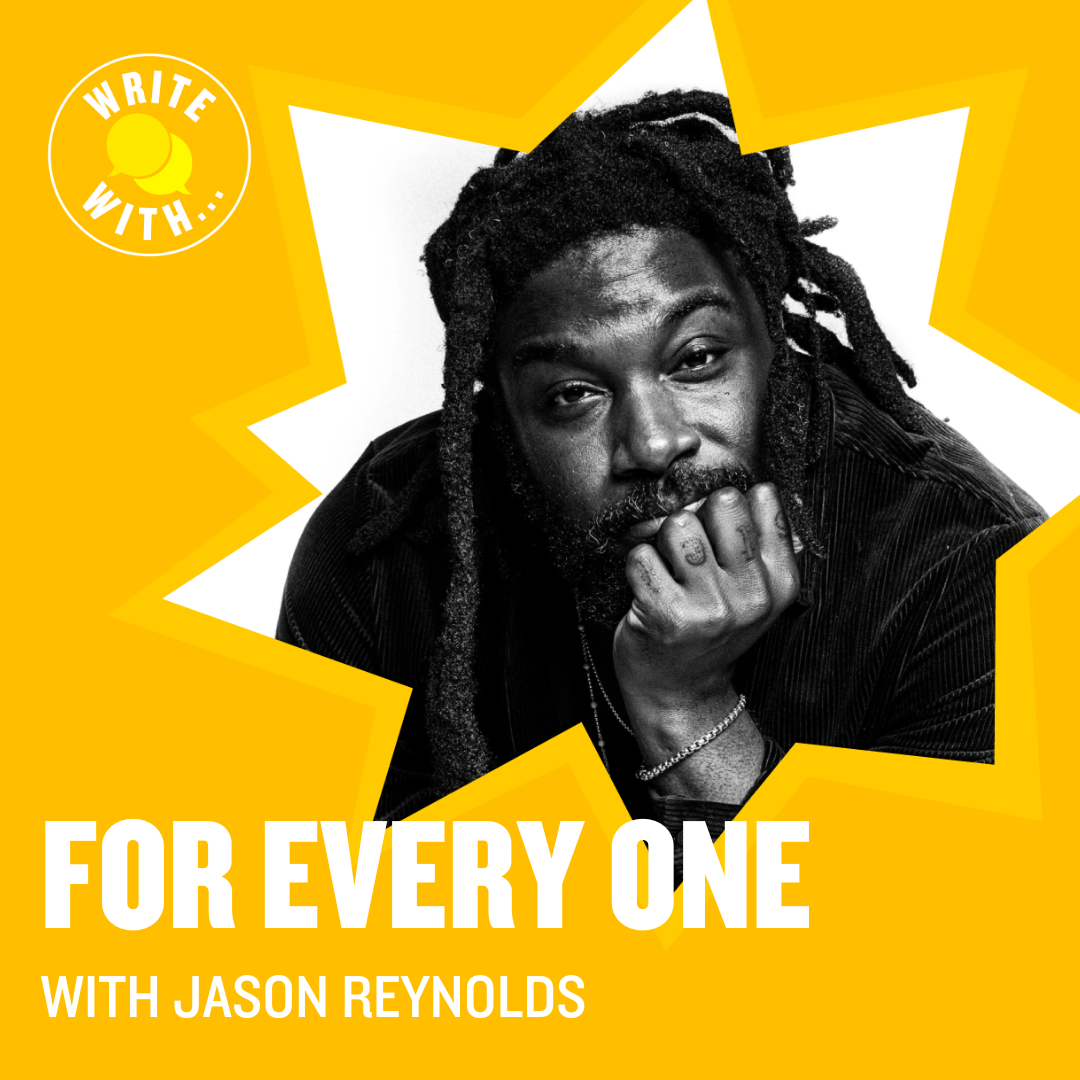
Part letter, part long-form poem, "For Every One" offers reflections and courageous words about unraveling and rebuilding one's dreams.
See student authors from across the country and get inspired to write.
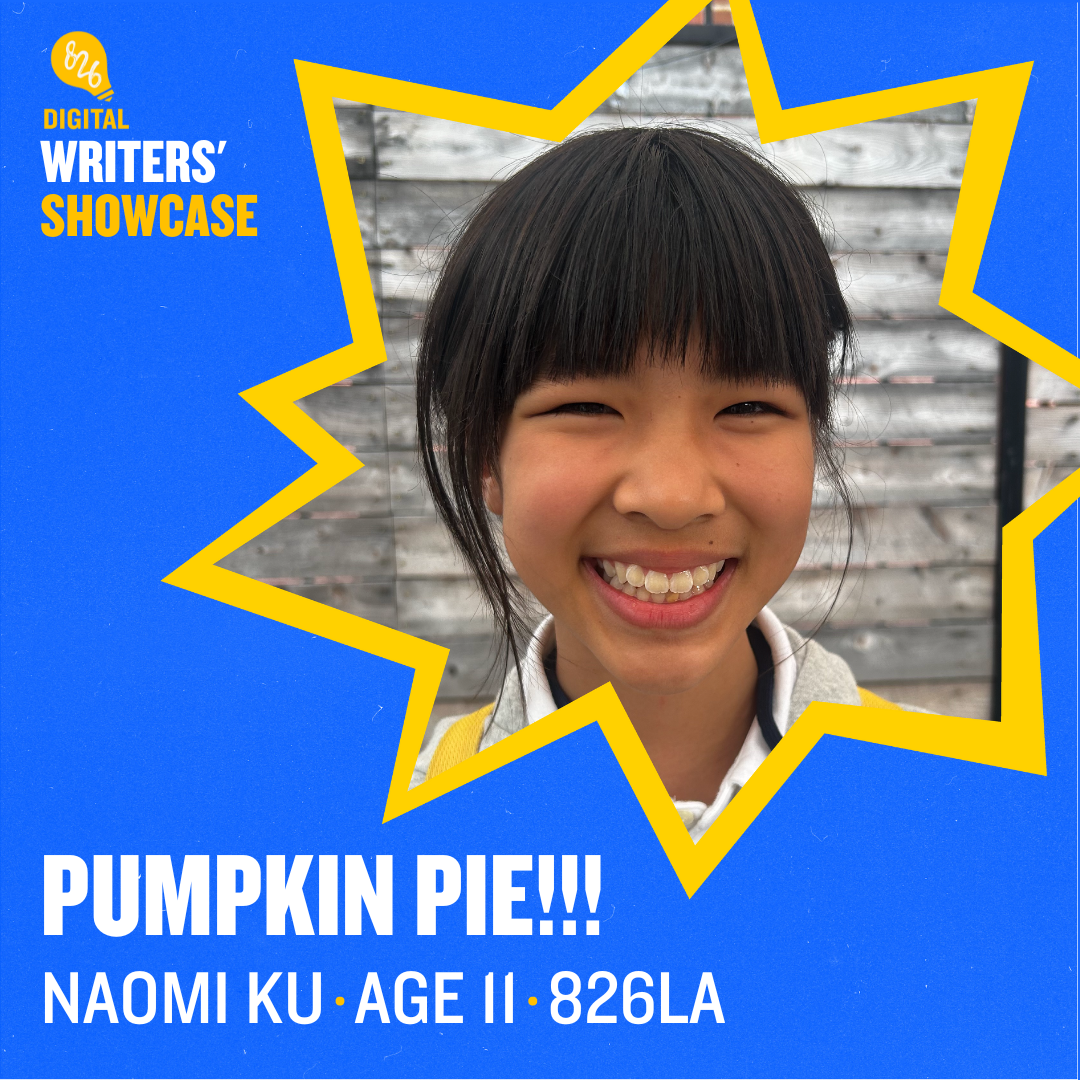
What is the story of your favorite food? In this lesson, you will use descriptive details and sensory words to write a narrative that shares more about your favorite food.

Have you ever thought about what you have in common with an animal? In this lesson, students will write a comparison poem that explores these similarities and differences.
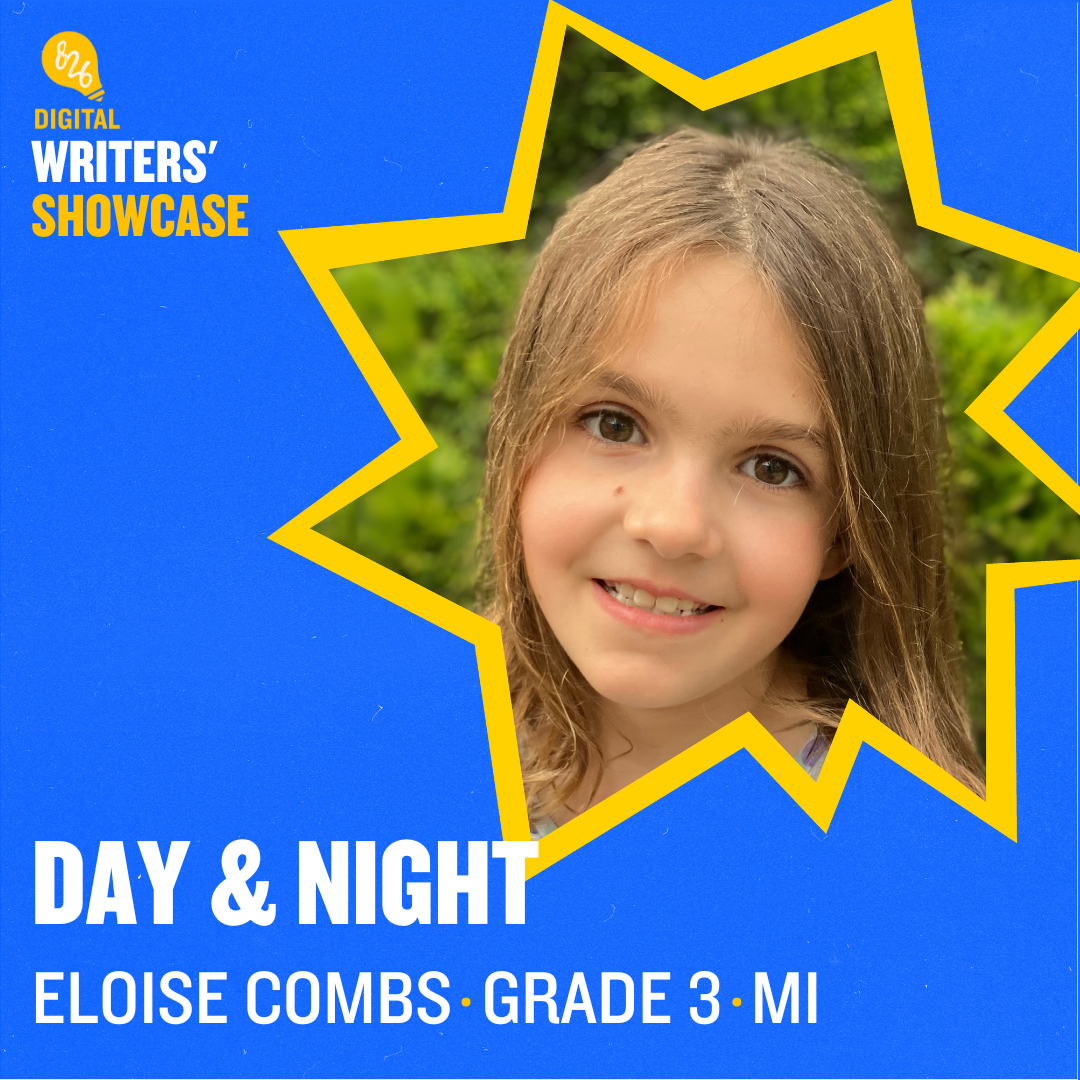
Not all poems have to rhyme, but when they do, they generally use “rhyme scheme.” In this lesson, students will write a poem with a unique sound and rhyme scheme.
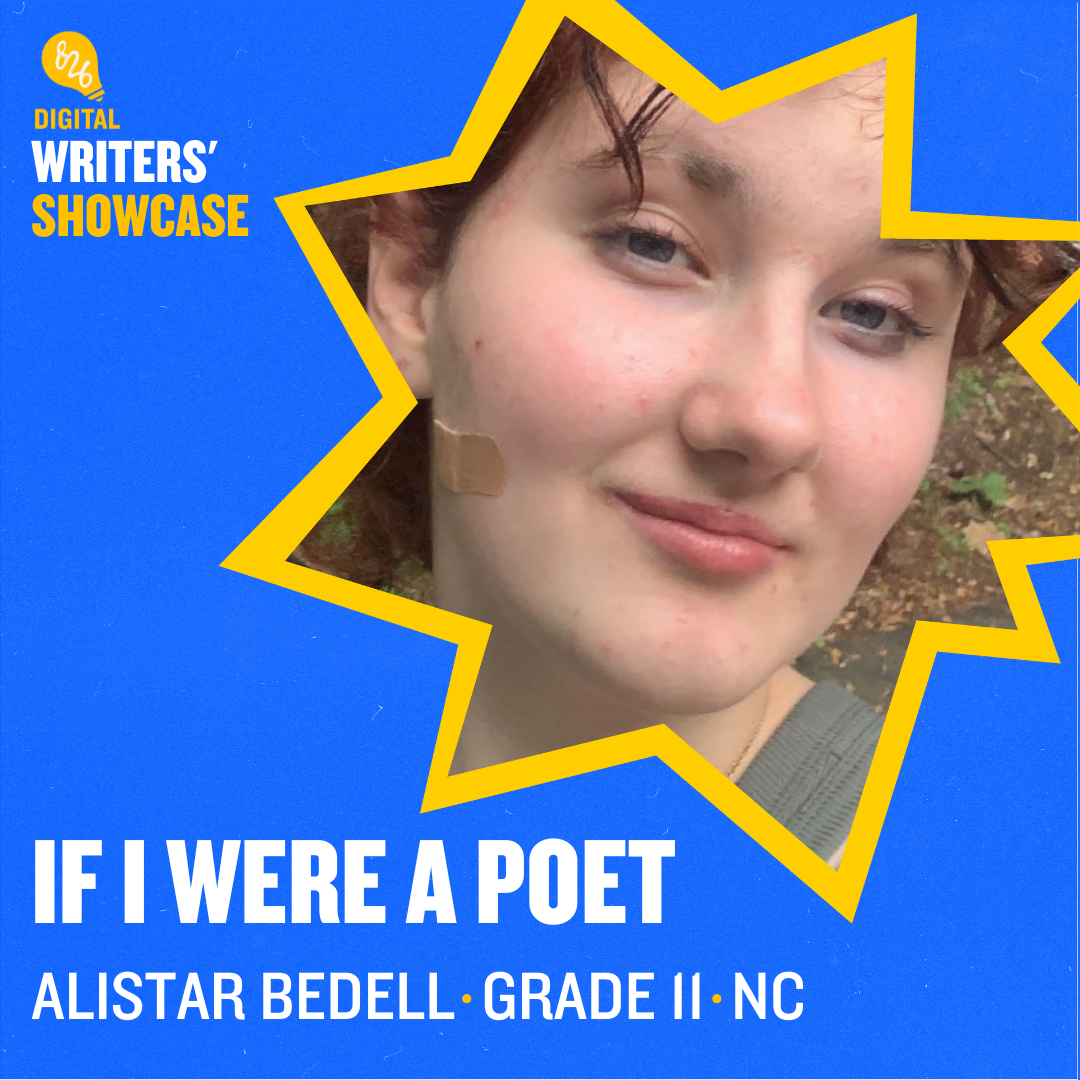
In this lesson, you will practice analyzing different types of a narrative technique called irony. Then, you will write your own scene that uses irony to develop an imaginary experience or character.